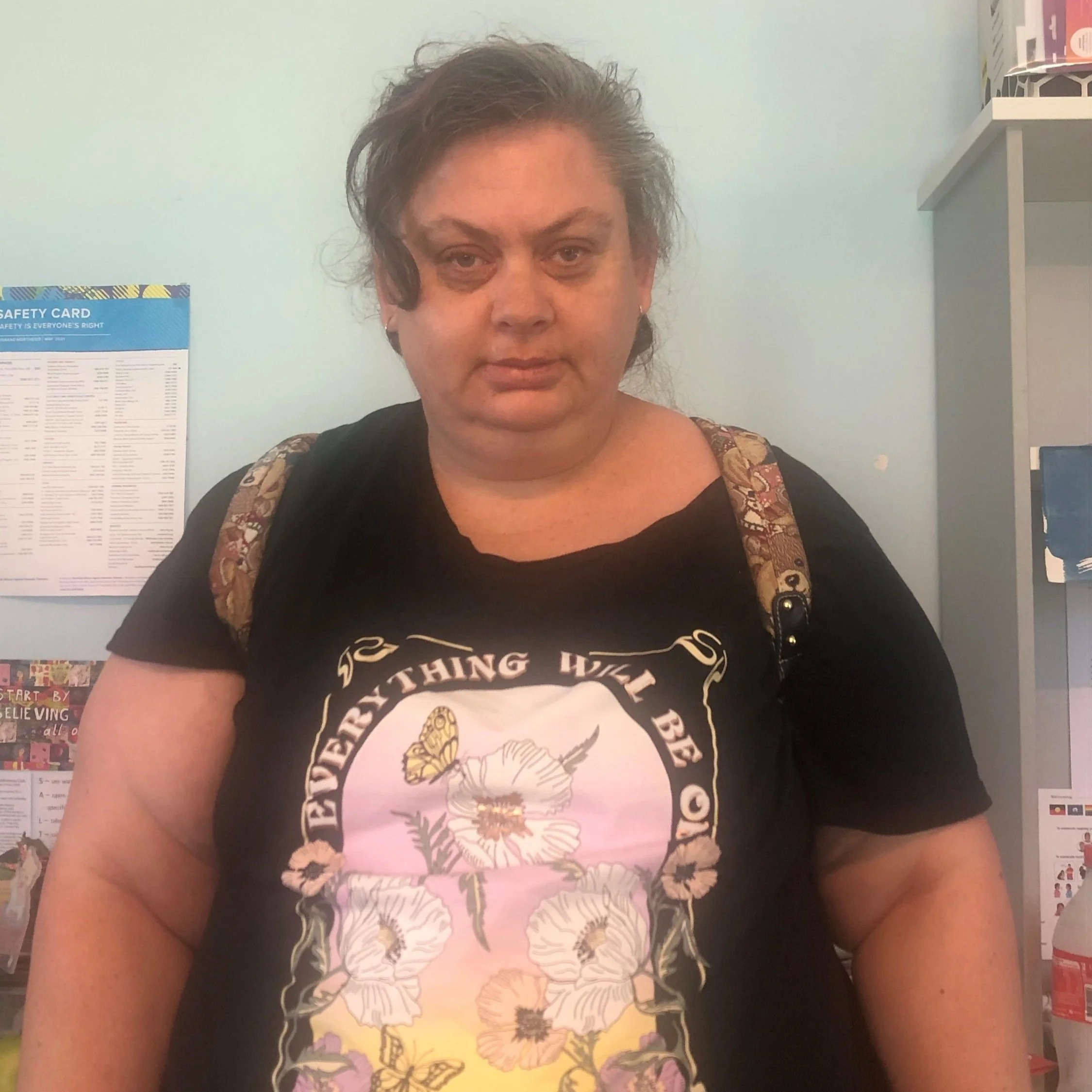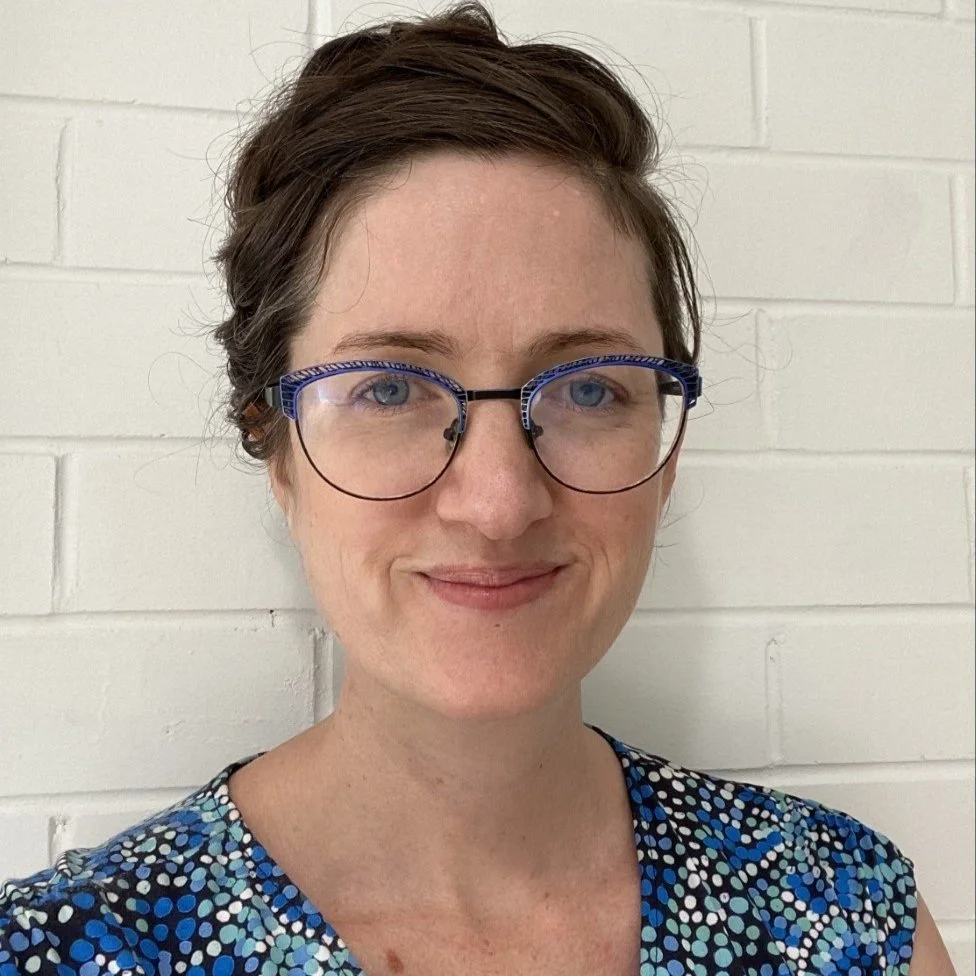DISABILITY IS NOT A FRINGE ISSUE: THE VALUES OF LIVED EXPERIENCES AND INCLUSIVITY
'Disability is Not a Fringe Issue' centres the voices of women with intellectual disabilities. Experts from WWILD and Community Living share their experiences, advocacy, and strategies on fostering happy and healthy family and communities. The panel begins with an introduction to intellectual and cognitive disability and ends with a community engagement round table chaired by Hannah, OWP’s Education Facilitator.
WWILD
WWILD works with and for people with intellectual disability who are experiencing sexual violence, physical violence, abuse, neglect and exploitation. WWILD centres the lived experience of people with intellectual disability to inform systemic advocacy including worker resource development, professional development content and policy submissions.
Representing WWILD at BFF are General Manager Gillian O'Brien, Abbey Xing, and peer workers, Alison and Kristy.
Panel Discussion: The Experts - Centering Women with Intellectual Disabilities in Creating Resources for Workers
Women with intellectual disability have experience and knowledge of their lives and what works for them in getting help, but they are often not involved in discussions about their rights, safety and what needs to change. WWILD workers, with and without intellectual disabilities, will talk about some of the projects we have done, and videos, podcasts and posters we have made to educate workers and people with intellectual disability about how we can stop violence against women with disability, provide services that meet their needs and better support them to live a life that is free from violence.
Renee Mills (she/her) with Community Living Association
Community Living Association (CLA) manages a broad range of programs that provide support to, create opportunities and promote wellbeing for people with disability and young people at risk. CLA’s work centres on capacity building of individuals, families and systems in the interest of aiding people with disability to live independently – safe, secure and confident when representing their own best interests.
Workshop: Parenting with an intellectual disability – Expectations and Experiences
Intellectual disability (ID) is not a barrier to good parenting however people with ID are overrepresented in child protection system involvement – both as children in state care and as the parents of children removed and placed in care. This workshop explores the future parenting hopes and later experiences of parents with ID, societal undervaluing of mothering as a role and how this impacts on one’s capacity to access reasonable and necessary supports to be a successful parent. What do we need to create happy, healthy families where parents have an intellectual disability?







